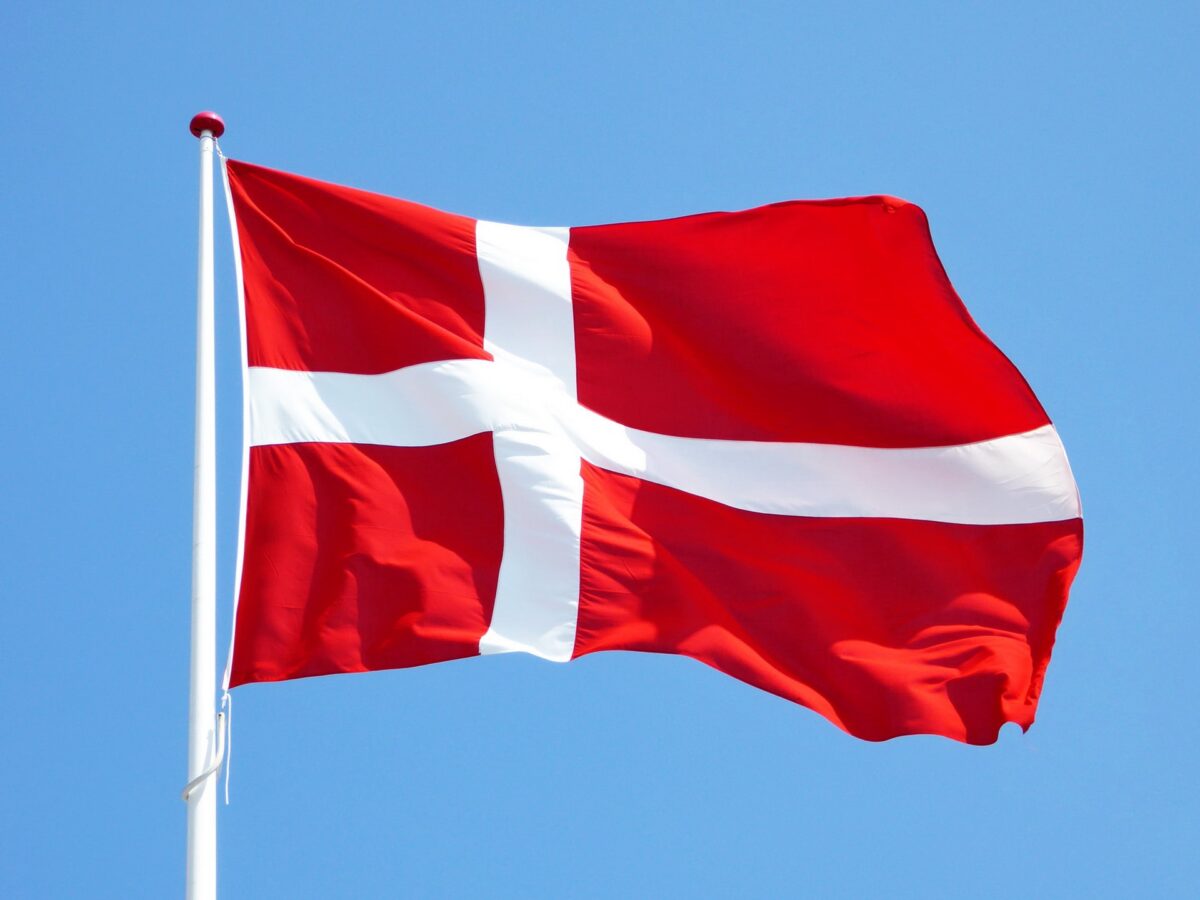Tämä teksti on valitettavasti saatavilla vain kielillä: English.




Catella is a leading specialist in property investments, fund management and banking, with operations in 12 countries across Europe. Catella recently published a Nordic Market Tracker.
The Northern European property market is increasingly featuring in the pan-European real estate portfolios of institutional investors. Compared with other European countries, the economic transparency and prosperity of the markets in the Nordic countries makes them a popular option. Also, the availability of capital opens up new investment opportunities. Catella foresees these opportunities, especially for investments in the office and retail markets.
In general, some 90% of invested capital in the Nordic countries is based on domestic markets (Sweden, Denmark, Norway and Finland), with a high share of Swedish capital – but this will change. Demand from German, French and UK investors rose in the past three quarters, not least through pressure from capital markets to look for a stable income stream.
“Many markets offer clear potential for portfolio diversification. Copenhagen and Helsinki display a correlation that is slightly negative, as does Berlin. Stockholm’s correlation is below the level identified, for example, for the German cities of Cologne and Dusseldorf, and also from the perspective of Lisbon, Warsaw and London investors. Against this backdrop, combining a Nordic segment with a German, Spanish or Belgium office property segment could be a successful strategy for anyone interested in risk diversification,” explained Dr. Thomas Beyerle, Head of Group Research at Catella, talking about the investment strategy from an international perspective.
Catellas report concludes: “The Nordic countries are not as homogeneous as international stereotypes often suggest. There are marked differences to be aware of when investing. Not only do investors need to know how Sweden, Norway, Denmark and Finland differ when it comes to their social, economic and political arenas, but there’s something else international observers should keep an eye on, as well: intra-Nordic investment patterns. This report thus concludes that the northern European countries represent enormous potential when it comes to diversifying multinational portfolios. Furthermore, they also demonstrate structural stability for long-term investors with multi-country and multi-asset funds/strategy.”